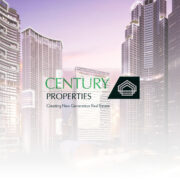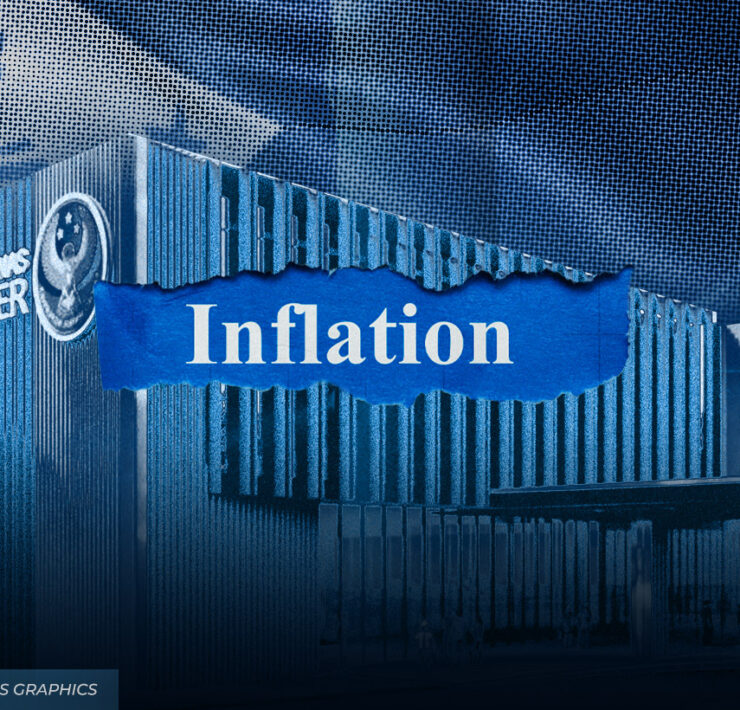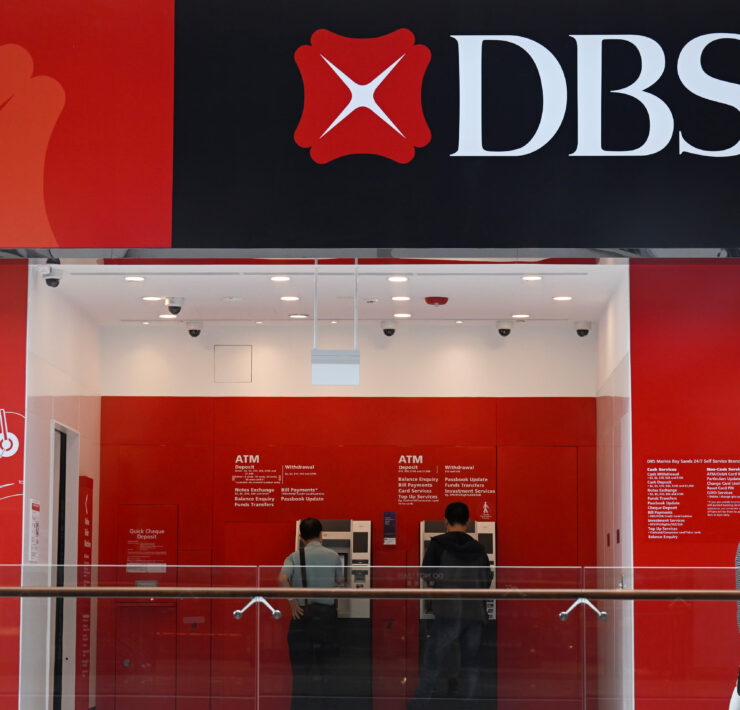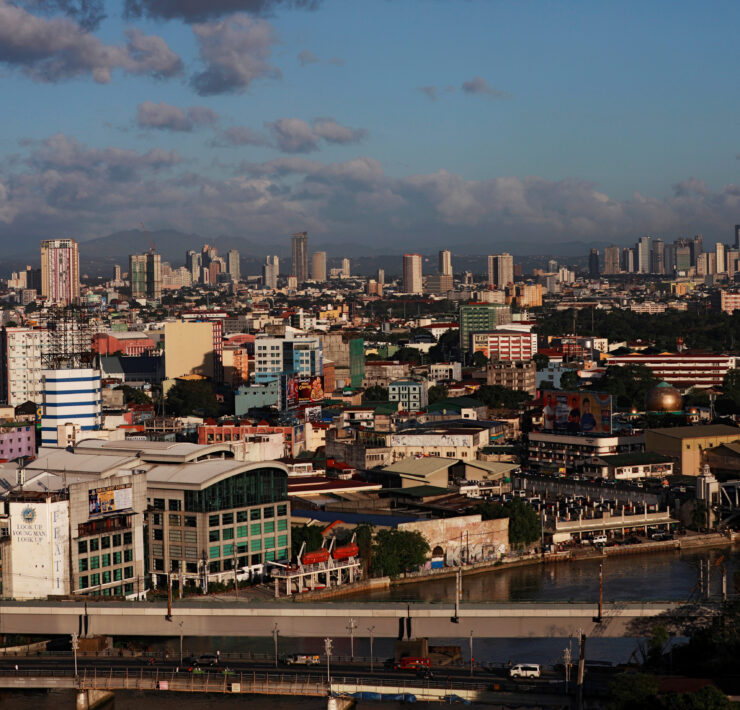Why trust is the new currency in the Philippines
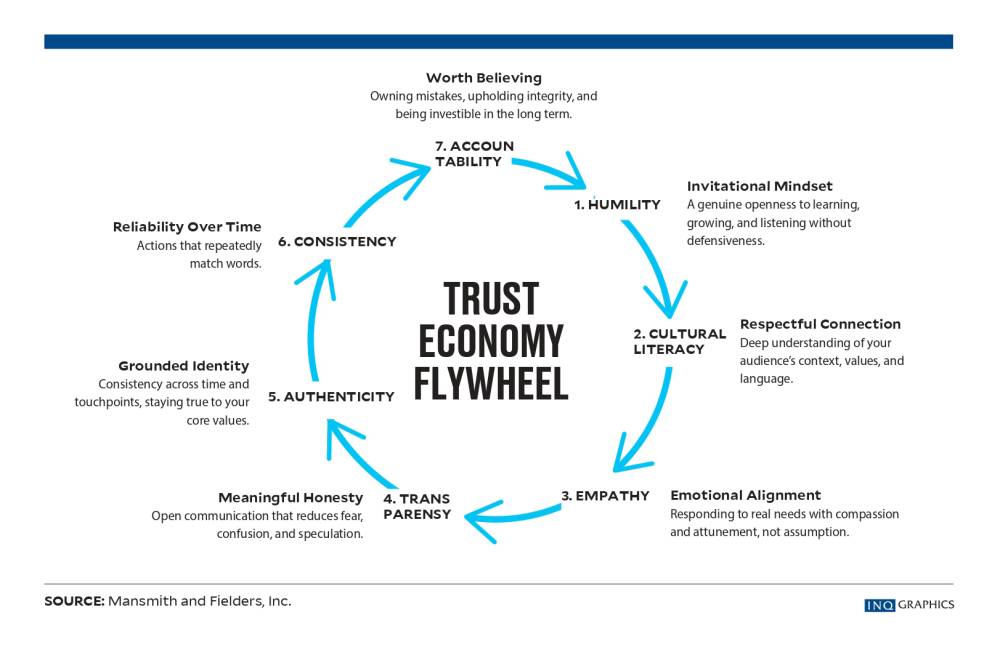
Across Manila, Jakarta and Kathmandu, one force is reshaping markets: public outrage, not just at corrupt politicians, but also at ‘nepo baby’ influencers, entrenched institutions and once-untouchable brands.
In today’s hyperconnected world, trust isn’t given, it’s earned. Lose it, and you lose customers.
Scandals involving misused funds, political favoritism and influencer complicity aren’t just headlines; they’re changing how Filipinos and Southeast Asians choose who and what to support.
Trust is no longer a marketing value.
In the Philippines, it has become the operating currency of business.
Consumers are discerning, watching your values, partners, how you treat employees and how you respond in crises.
In a culture where bayanihan (community support), pakikisama (social harmony) and utang na loob (debt of gratitude) run deep, brands that break these social codes don’t just lose market share, they may never recover.
But building trust is more complex than a checklist of values.
It demands a shift in power dynamics, long-term commitment beyond headlines and ethical courage rooted in culture, not hidden behind it.
Political: Silence is complicity
Political volatility is the new normal. Billions in flood control funds were misused, stirring public fury.
Celebrities tied to political clans caught in scandals are reputation risks brands cannot ignore. Damage isn’t always visible, but savvy companies know these links quietly erode trust.
Brands must ask: Who do we give power to? Partnerships and public stances now shape your brand’s trustworthiness. Silence in moments of injustice is complicity, an active decision to lose trust.
It’s not enough to avoid controversy. Brands must actively choose where to stand and understand that inaction speaks as loudly as action.
In a country where political and social networks are tightly woven, failing to address uncomfortable truths risks long-term damage to brand credibility.
Economic: Resilience meets impatience
Domestic demand and infrastructure investments remain strong, but cracks are showing.
Power outages, flooding, inconsistent internet and poor roads disrupt businesses and frustrate consumers. Customers want brands to own up fast when things go wrong. Silence kills trust.
Apologies after the fact won’t cut it anymore. Crisis sensitivity and operational empathy are competitive edges. But beyond reaction, brands must build trust into the operating system, ensuring resilience is baked into every process.
Consider how local communities often bear the brunt of infrastructure failures and climate risks.
Brands that invest in community resilience programs or collaborate with local governments are not only doing good, they’re signaling shared responsibility, which builds deep trust.
Social: Gen Z calls the shots
The median Filipino is 26 years old.
This Gen Z cohort, raised amid political drama, climate disasters and social activism, demands honesty, representation and real impact.
They seek accountability, consistency and courage.
Yet, in an age of outrage and fleeting attention, brands must build trust that lasts longer than headlines. Outrage is loud but temporary; long-term trust requires institutionalized integrity, not just reactive messaging.
This means embedding accountability into governance, investing in transparent communication channels and authentically engaging with communities, not just during crises, but daily.
Technological: Build trust, not tricks
Artificial intelligence, automation, and personalization grow, but so does digital distrust. Fake reviews, deepfakes, and misinformation make consumers skeptical by default.
Use technology to enhance real experiences, not just cut costs. Invest in privacy, ethical data use and digital inclusion. Transparency around AI and clear privacy policies build trust faster than flashy tech.
Philippine brands must avoid the temptation to use technology as a gimmick. Instead, technology should be a tool for inclusion and empowerment, especially in underserved areas where digital trust is fragile.
Legal: Compliance is just the baseline
New rules on digital taxation and data protection pile up. Following the law is expected, but not enough.
Trust grows in grey areas, where brands choose openness, care and accountability over technicality. Brands must move beyond compliance toward genuine empathy and proactive transparency.
For example, brands that openly share how they safeguard customer data or involve consumers in feedback loops build far stronger trust than those that only meet minimum legal standards.
Environmental: Walk the talk
The Philippines faces climate disasters head-on. Vague sustainability programs won’t cut it.
Consumers want measurable action: renewable energy, clean water, disaster preparedness. Environmental trust isn’t a nice-to-have, it’s survival.
Brands that lead on environment aren’t just ticking boxes, they’re demonstrating shared risk and shared responsibility.
Because climate change hits the Philippines hard and often, brands that overlook their environmental responsibility risk losing the trust and support they need to stay in business.
Cultural: The heartbeat of trust
Various forces filter through deeply ingrained cultural lenses.
Pakikisama demands social harmony but can silence conflict. Utang na loob builds loyalty but can blur professional lines. Hiya fosters respect but can delay urgent transparency.
Cultural literacy requires brands to navigate these values with courage, not hide behind them. Ethical leadership rooted in local culture is key to unlocking emotional loyalty.
In a society where relationships matter more than contracts, brands must embody cultural values authentically while challenging the norms that allow opacity or excuses.
The Trust Economy: Principles that power the flywheel
The trust economy is a market where people buy based on trust, not just need. Value shifts from reach and price to reputation, accountability and cultural fit.
Here are seven core principles, interconnected like a flywheel, each fueling the next:
Humility–Invitational Mindset: Genuine openness to learn and grow, without getting defensive when challenged. But it’s not just about listening politely or saying “we’re humble.”
It goes deeper: it means actually sharing power and influence with the communities or people you serve, inviting their voices into decisions and respecting their role.
Cultural Literacy–Respectful Connection: Deep understanding of audience context, values, and language. But also the courage to challenge cultural norms that may hinder transparency or accountability.
Empathy–Emotional Alignment: Responding to real needs with compassion, not assumptions. Requires continuous effort and presence, not one-off gestures.
Transparency–Meaningful Honesty: Open communication that reduces fear, confusion and speculation. It must be consistent and proactive, not reactive PR.
Authenticity–Grounded Identity: Consistency across time and touchpoints. Brands must resist becoming mere messaging machines and instead embody true values daily.
Consistency–Reliability Over Time: Actions must repeatedly match words. Trust is built in the invisible, everyday moments, not just big announcements.
Accountability–Worth Believing: Owning mistakes, upholding integrity and being investable long term. Trust requires brands to be vulnerable and willing to change.
These principles work as an interdependent flywheel, each one powers the next, creating self-sustaining momentum. Humility is not just the start, it’s the ongoing fuel.
Trust is not a strategy. It is the operating system
In the Philippines, where betrayal cuts deep and loyalty lasts decades, trust is not a metric. It is how you run your business.
Brands that treat trust as a side effect chase recovery. Brands that embed trust as core infrastructure lead. This means building systems and cultures that live these values daily, with measurable accountability.
Because in a trust economy, every signal matters. Every silence is a statement. Every decision a deposit or withdrawal.
The brands that win in the Philippines won’t be the loudest or flashiest. They will be the clearest, most consistent and most human.
Trust is the future, not just a value, but the foundation. The question is: are we ready to build it boldly, deeply and for the long haul?
A free Trust Economy Flywheel briefing will be held via Zoom on Oct. 24, 2025, 3 p.m. to 4:30 p.m. Preregistration is required at bit.ly/TrustEconomyFlywheel2025.
Josiah Go is chair and chief innovation strategist of Mansmith and Fielders Inc. He is also cofounder of the Mansmith Innovation Awards. To ask Mansmith Innovation team to help challenge assumptions in your industries, email info@mansmith.net.












